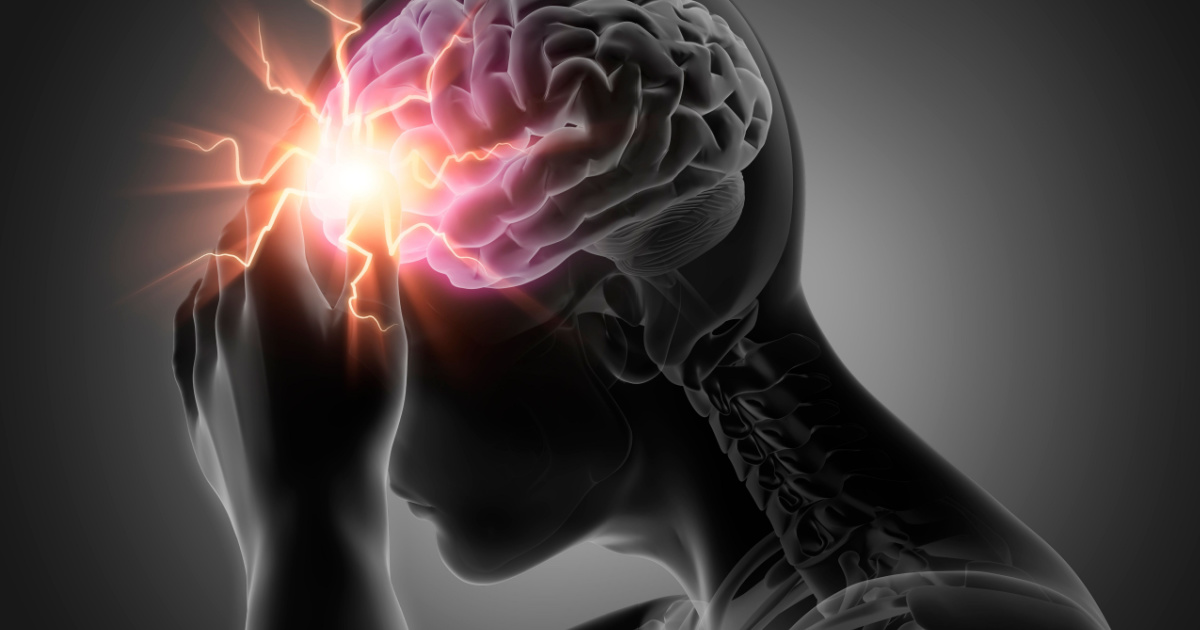This article was originally published. June 17, 2016, and has since been updated
Headaches are something that we have all been affected by in our lifetime. Whether it be after not getting enough sleep or drinking a bit too much on a night out, we all know the irritating, pounding feeling of a headache.
However, for some people, headaches are more than just a nuisance. For some people, they are lifelong conditions that seriously disrupt the quality of their lives and get in the way of everyday tasks such as going to work or spending time with their kids. There are many different medications and drugs meant for migraine and chronic headaches sufferers, however majority of people who have long-term headaches avoid taking these drugs due to the side effects they induce.
Thankfully, new research has shown that many cases of headaches are caused by deficiencies of vitamins and other nutrients. This suggests that curing headaches, both short-term and long-term, may just be down to making sure that you’re getting the right amount of nutrition. Here are some vitamins that have been shown to help relieve headaches.
Vitamin D
Researchers frequently find a correlation between vitamin D deficiencies and headaches. Researchers also find that many people who have sleep disorders are also deficient in vitamin D. This, combined with the fact that one of the most common causes of headaches is a lack of sleep, led many experts to believe that increasing one’s vitamin D intake will improve their sleep and will therefor relieve them of headaches.
Getting a good night’s sleep means more than just lying in your bed with your eyes closed for eight hours. Most people who have sleep disorders and vitamin D deficiencies commonly report that their sleep is not restorative or that they are constantly waking up and having their sleep disrupted.
Many different types of fish, including salmon and mackerel in particular, are sources of vitamin D. Mushrooms are also a healthy, low-fat source of vitamin D.
Vitamin B6, B12
Homocysteine is an amino acid that is produced by the body, and having high levels of homocysteine in the blood has been linked to many health problems, including headaches. Many experts have suggested that lowering homocysteine through vitamin supplementation may be able to reverse this effect.
One study found that having patients who suffered from migraines supplement with vitamins B6 and B12 significantly lowered their homocysteine levels as well as improving their migraine symptoms. Not only does this prove the link between homocysteine and migraines, but it also shows that consuming larger quantities of vitamins B6 and B12 can reduce this effect.
The best vitamin B6 and B12 sources are protein-rich foods such as meat, chicken, fish, eggs, pork and soybeans.
Vitamin E
Menstruation is a common factor for migraines in women, which is generally referred to as a “menstrual migraine.” Several studies have attempted to find a correlation between menstrual migraines and vitamin deficiencies, however the most significant correlation found was increased levels of the fatty acid compound prostaglandin in women who were menstruating.
This suggests that inhibiting the production of prostaglandin would reduce menstrual migraine intensity. This is where vitamin E comes in. Researchers found that vitamin E was able to inhibit the release of arachidonic acid, which gets converted into prostaglandin, and also inhibits the conversion process itself.
One 2009 study involved 72 women who were experiencing menstrual migraines. They gave some of the women vitamin E, and the others a placebo. At the end of the study, researchers found that women who were given vitamin E had less pain severity as well as less sensitivity to light and sound.
Healthy sources of vitamin E include sunflower seeds, almonds and spinach.
Keep Reading: Autoimmune disease may be prevented by vitamin supplements, study finds
Sources
- “What Is Migraine?” WebMD
- “Top Foods for Calcium and Vitamin D.” WebMD
- “Vitamin Supplementation as Possible Prophylactic Treatment against Migraine with Aura and Menstrual Migraine.” NCBI. Munvar Miya Shaik and Siew Hua Gan. February 28, 2015.
- “Vitamin deficiency and migraine: What to know.” Medical News Today. Louisa Richards. September 21, 2021
- “B vitamins and their combination could reduce migraine headaches: A randomized double-blind controlled trial.” NCBI. Shiva Nematgorgani, Soodeh Razeghi-Jahromi, Elham Jafari, Mansoureh Togha, Pegah Rafiee, Zeinab Ghorbani, Zeynab Sadat Ahmadi,and Vali Baigi. April 4, 2022.

